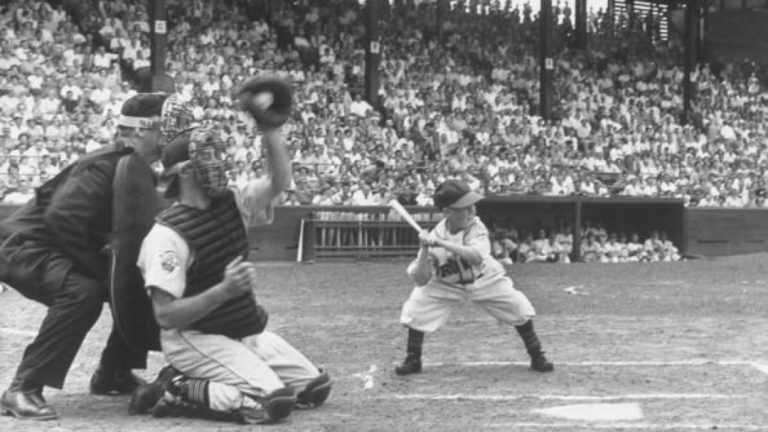Illinois Born- “Boys of Summer” Series Continues
Here is my on-going series on Illinois Born major league baseball players. Ken Jungels Born Kenneth Peter Jungels (June 23, 1916 – September 9, 1975) in Aurora, Illinois. He became a Major League Baseball pitcher who played for five seasons. He played for the Cleveland Indians from 1937 to 1938 and 1940 to 1941…

